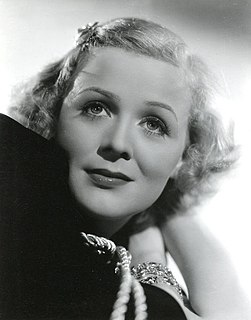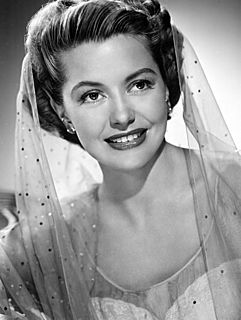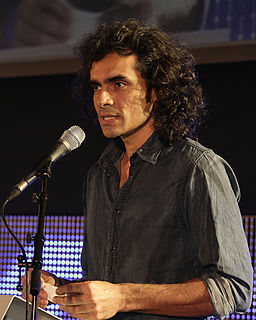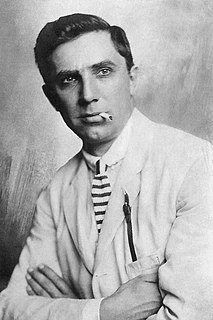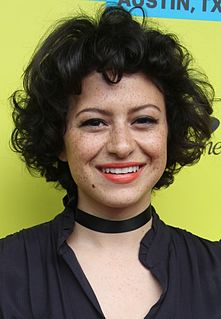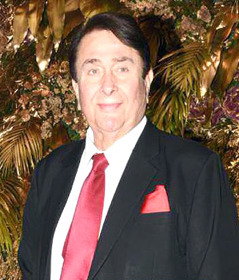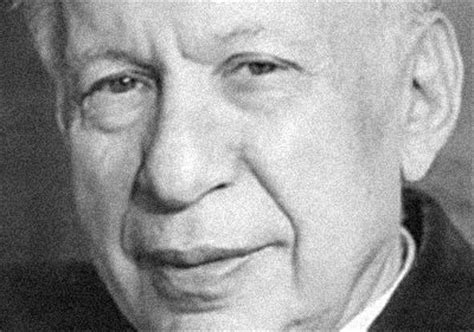A Quote by Gloria Stuart
Claude Rains was what we call an actor's actor. He was very involved with himself and his performance.
Related Quotes
The director is the most important because, ultimately, as an actor, when you watch a movie, it looks like an actor is giving a performance, and they kind of are. But, what's actually happening is that an actor has given a bunch of ingredients over to a director, who then constructs a performance. That's movie-making.
Working with Jean-Claude is a lot of fun. Because he's a great actor who also happens to be a fighter. That combination doesn't usually come together anymore. Usually, you have to fight the stunt double and then act against the actor. In his case, you are fighting with a real guy. It takes a minute to get used to that. Because it doesn't happen any more.
You can say something that can really help and actor and you can say something that can really get in the way of an actor's performance, kind of cut them off from their instincts and really get into their heads. And every actor's different. Every actor requires something different. Being an actor, for me, was the greatest training to be a writer and director.
Being singer is different than being an actor, where you call up sources from your own experience that you can apply to whatever Shakespeare drama you're in. But an actor is pretending to be somebody, a singer isn't. And that's the difference. Singers today have to sing songs where there's very little emotion involved. That and the fact that they have to sing hit records from years gone by doesn't leave a lot of room for any kind of intelligent creativity.
To be an actor and a director, I actually felt it helped me tremendously to be in the scenes of The Hollars, because as you can see, they're very intimate, very intense scenes. You don't want to break the actor's character and you don't want to break their momentum, so as the actor, I tried not to call cut as much as I could, and almost make it feel like a play, just set this environment where these amazing actors could do what they wanted to do.
The actor's physical type is the main consideration. It isn't and shouldn't be. Does the actor "look the part"? It is the simplest question to deal with. The director deludes himself who yields to the temptation to believe that an affirmative answer settles the matter. An actor's looks will impress an audience initially but after his first five minutes on stage it becomes aware of what he or she communicates (or fails to communicate) through acting!
